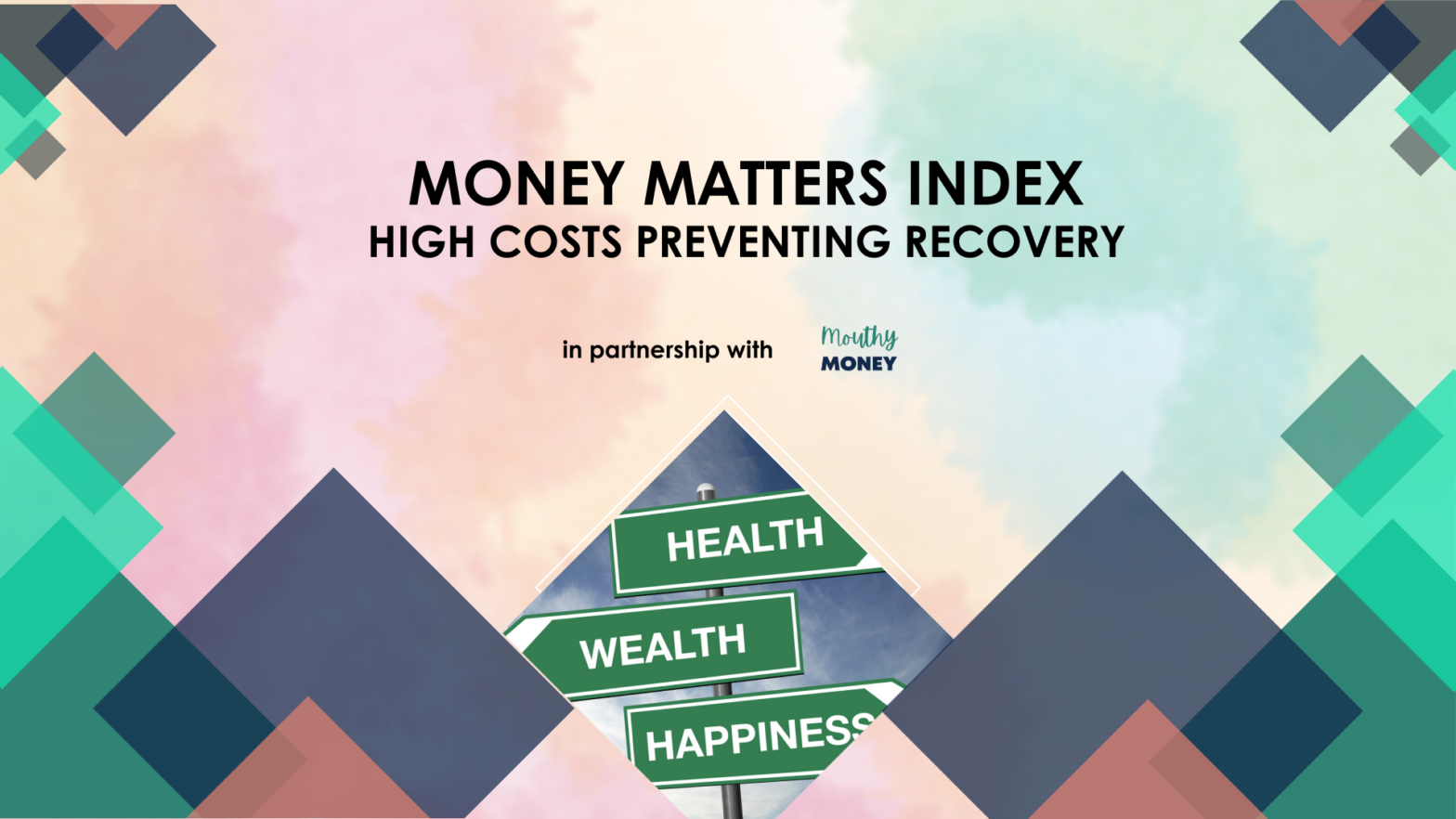Has retirement saving become a privilege for the wealthy? MRM’s Money Matters Index reveals fresh pensions divide

There is a stark divide in levels of pension saving amid cost-of-living pressures, reveals the latest Money Matters Index from comms consultancy, MRM.
Less than half of respondents claim to have a pension (45%), while one in five (21%) have no savings or investments at all, according to the analysis of 2,000 UK adults that considers how money matters are shaping the way people live their lives.
At the opposite end of the scale is a group that can afford to save or invest more. The average monthly amount set aside among this cohort increased by over £500 as a whole from last year, while the average amount invested in pensions and SIPPs grew by £110.
Alongside affordability issues, perceptions as to how far in advance financial planning is required could be playing into this divide. On average, respondents felt that forward thinking should stretch to more than three and a half years (43.4 months). However, the same group felt that in reality their plans could only extend to two years (23.5 months).
This is, in large part, because short-term financial pressures dominate thinking. When it comes to immediate priorities, paying bills comfortably (50%), paying for a holiday (38%) and paying off credit card debt (24%) sat top of the list.
Rather worryingly, having enough money to start saving and investing for retirement was a priority for just 15% of people. Just 13% were focussed on being in a position to retire early.
Helena MacPherson, Head of Institutional at MRM, says: “The pain for households has shown little sign of stopping this year, and it’s a huge shame to see this feeding through to pensions.
“What’s most interesting though is the clear divide we’re now starting to see emerge. At the one end of the spectrum is a hard-pressed group not saving anything, while at the other we have a cohort that’s lucky enough to put a little extra aside.”
MacPherson acknowledges that the number of people seemingly without a pension could come down to awareness, which means the figure should be taken with a pinch of salt.
“It’s wholly possible that a chunk of this group has been auto-enrolled into a workplace pension scheme but at this point aren’t aware”, she said. “All the same, with so many people struggling to make a financial plan that extends beyond two years, it’s not looking good for people’s retirement prospects.”
MacPherson concludes that the key to getting people thinking further afield is raising awareness of the small, but meaningful, changes that will contribute towards a person’s eventual retirement pot.
“Of course, there will be people who face such financial challenges that they are unable to plan or save at all for retirement. But I have every faith that, where possible, the pensions industry will take steps help people to start building in some long-term aims and ambitions on top of their short-term spending. I look forward to seeing how it responds.”
